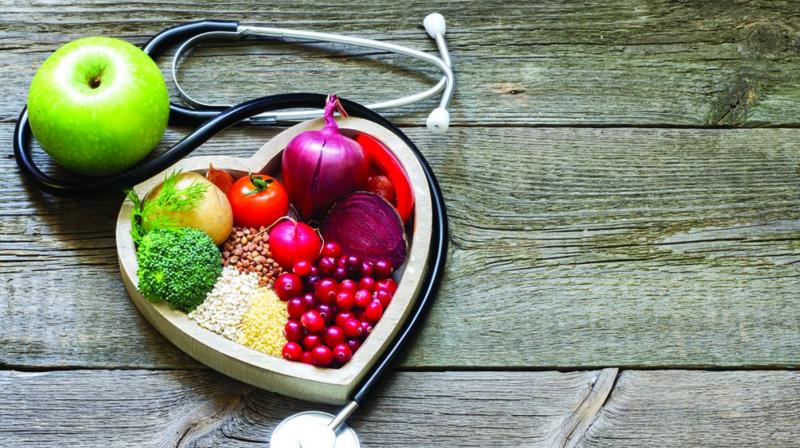Blending of proteins with plants is new diet buzz
Various studies have found that the higher intake of meat increased the risk of cardiometabolic diseases.

Hyderabad: The increasing challenges of chronic diseases have got public health specialists to closely look at food sources which are leading to cardiometabolic diseases. They advocate a shift to plant protein or blending of plant, animal and dairy proteins to deal with this emerging burden of diseases.
Cardiometabolic diseases are hyperlipidemia, dyslipidemia, obesity, type 2 diabetes, hypertension, nephropathy, non-alcoholic fatty liver disease and heart problems.
Health Focus International reported that a 54 per cent of consumers surveyed globally indicated that they were reducing consumption of animal-based foods and increasing consumption of plant-based foods. This suggested that higher intake of plant-based foods was associated with a lower risk of cardiometabolic diseases. Various studies have found that the higher intake of meat increased the risk of cardiometabolic diseases.
These evidences have made public health specialists and nutritionists look closely at the different food sources and opt for replacement of small quantities of animal protein with plant protein to lower the existing burden of diseases.
Dr Zeenath Fatima, a dietician, noted, “A complete protein is that which has essential amino acids in quantities which are sufficient for growth and repair of body tissues. Most proteins from animal sources are complete proteins. Plant proteins are not found to contain all essential amino acids. Like lysine is absent in corn, rice and wheat, soyabean is lacking in methionine and rice lacks threonine.
This increases the risk of malnutrition in the body as these proteins fail to assimilate one or the other essential amino acid. For this reason, blending of proteins is being advocated where there are low fat animal products combined with plant-based foods. Dairy products are also recommended so that the intake is complete.”
Experts noted the shift has to be calculated and moving to plant-based proteins like whole grains, nuts, seeds and soy products must be done with adequate intake of dairy products and animal protein.
Public health specialists are focusing on the combination effect as it will help satiate the taste buds and lower the risk. Radikha K., a senior nutritionist, said, “Growing evidence shows that people are not interested in debates about whether diets should be exclusively plant-based or animal food-based as each have shown their deficiency along with the hidden dangers. Hence people are more willing to change diets.”

